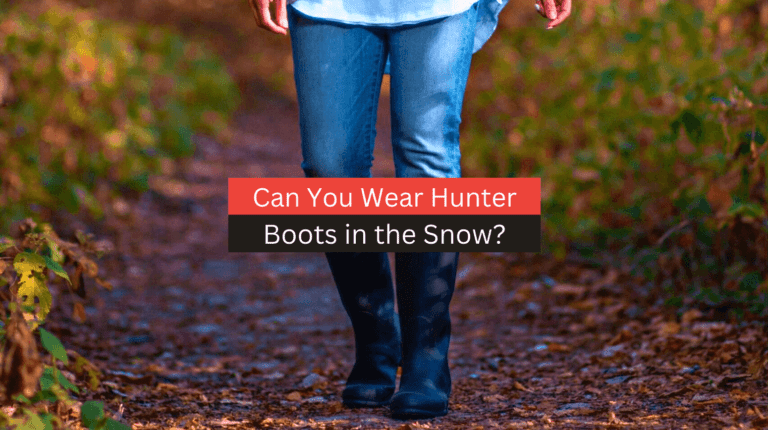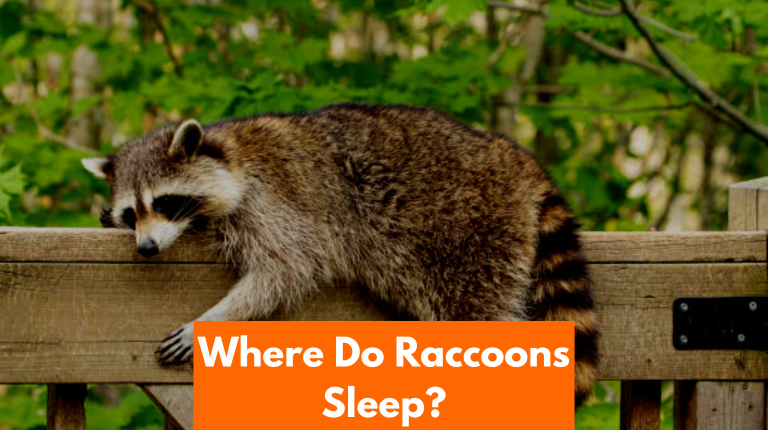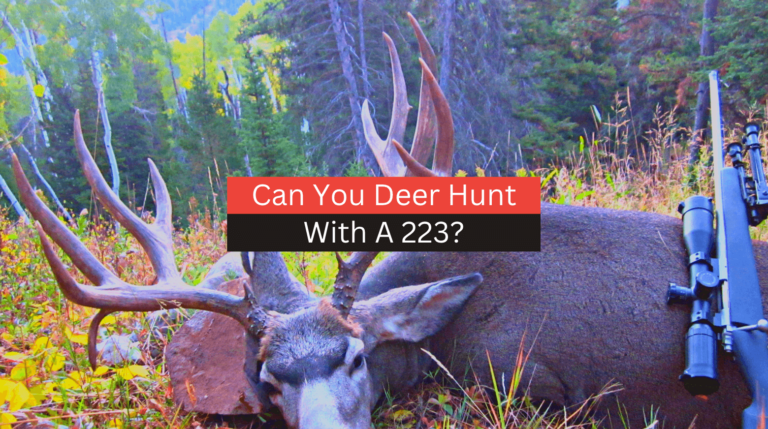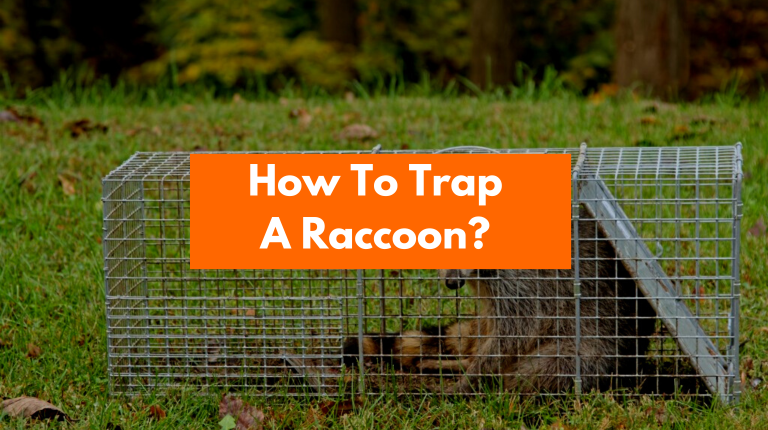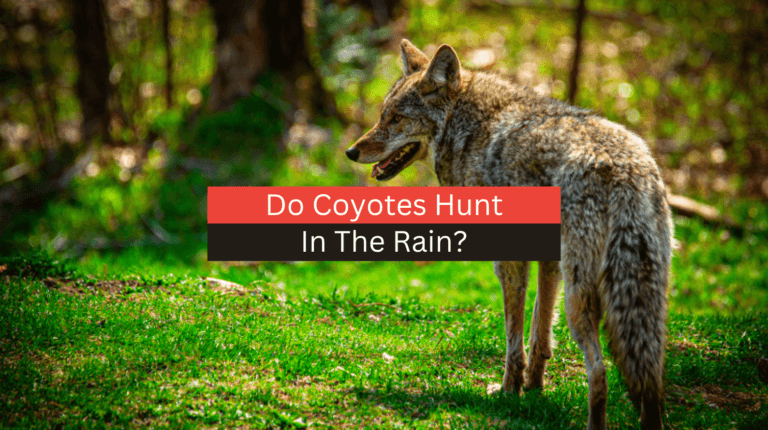Raccoons are sneaky creatures that can be found throughout North America, and they are often associated with mischief and trouble.
While these critters might appear cute and harmless, many people wonder if they are dangerous.
In this blog post, we will explore the question of whether raccoons are dangerous to humans and pets, from their aggression levels to the diseases they may carry.
So, whether you are dealing with raccoons in your backyard or are just curious about their behavior, keep reading to learn more about these fascinating but potentially harmful animals.
Are raccoons really dangerous?
Raccoons may seem like cute and cuddly creatures, but they can actually be quite dangerous. It is important to never approach a wild raccoon, even if it seems calm or friendly.
Raccoons are formidable creatures with sharp teeth and claws, and they have the strength to inflict significant harm. Also, raccoons can carry diseases like rabies that can kill people or pets if they get bitten.
While it is normal for raccoons to be active during the day, it is important to be cautious and avoid any potential confrontation. In general, healthy raccoons will not attack people or pets, but they can become aggressive if they feel threatened or are infected with rabies.
To avoid any issues with raccoons, it is best to keep a safe distance and contact a professional wildlife removal service or pest control if necessary.
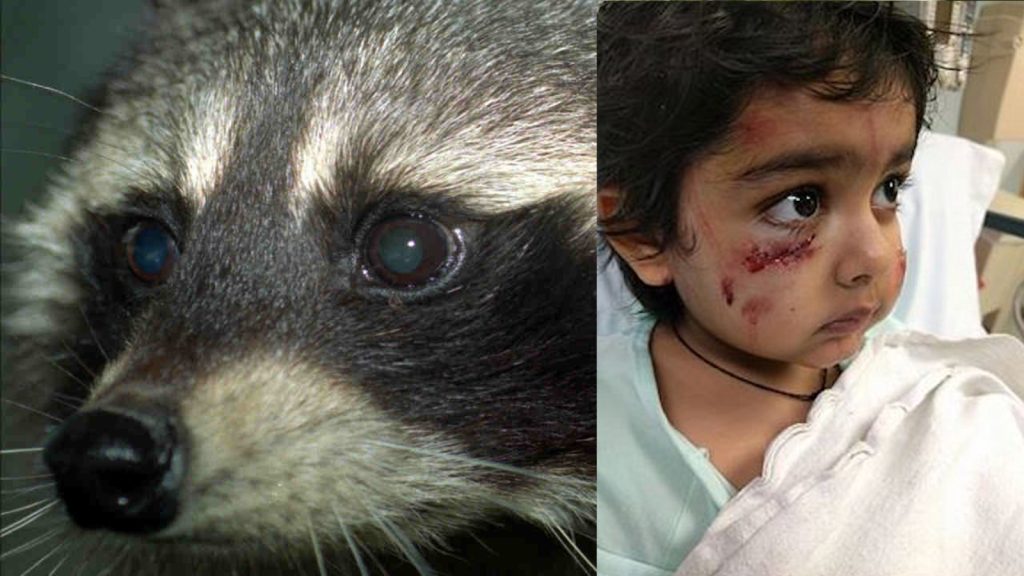
When are raccoons dangerous?
Raccoons can be dangerous when they feel threatened or cornered, especially if they are infected with rabies. They have sharp teeth and claws and can inflict significant harm. But raccoons are usually not aggressive, and they can carry diseases like rabies and raccoon roundworms, which can spread to people and other animals. Also, raccoons can carry diseases like rabies and raccoon roundworm, which can spread to people and other animals.
It is best to leave wild animals in their natural habitat and not attempt to keep them as pets.
Are raccoons bad to have around?
It’s true that raccoons can be quite a nuisance, causing damage to gardens and structures. However, that doesn’t necessarily mean they are bad to have around.
Raccoons are important to the ecosystem because they help spread seeds and keep some pest populations in check.
They are also interesting to watch because their intelligence and skill are often on display. Of course, it is important to take the necessary precautions if you are sharing space with raccoons, such as securing your trash bins and keeping your pets indoors at night to prevent raccoons.
Are raccoons dangerous during the daytime?
Although it is highly unusual for raccoons to be active during the daytime hours, it does not necessarily mean that they are dangerous.
Raccoons are mostly nocturnal creatures, but occasionally they may come out during the day foraging or searching for water.
But if a raccoon acts strangely, like stumbling, having trouble walking, or being overly friendly, this could be a sign of illness or disease, like rabies. In this case, it is best to keep a safe distance and contact professional wildlife services to handle the situation.
Otherwise, normal raccoons during the day are generally not a threat and may simply be going about their business.
Are raccoons dangerous to dogs?
Raccoons can pose a danger to dogs, especially if they feel threatened or cornered. While it is unlikely for a healthy raccoon to attack a dog, if caught or attacked by one, it may fight back by scratching or biting.
This becomes even more dangerous if the raccoon carries rabies or other diseases that can be transmitted to dogs. Additionally, raccoon feces can carry pathogens such as raccoon roundworm and leptospirosis, which can harm dogs if they come in contact with them while cleaning up.
Thus, it is best to leave raccoons alone and keep dogs and cats away for their safety.
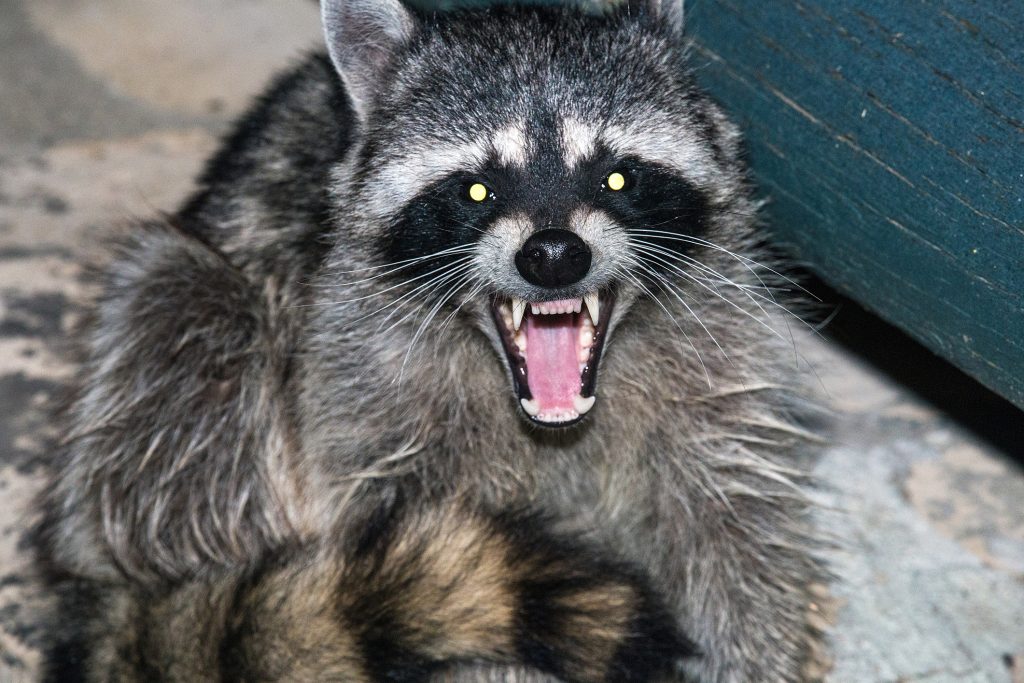
Is a raccoon dangerous to cats?
While raccoons may not typically see cats as their prey, they can still pose a potential danger to them. When disputes over food or territory emerge, raccoons can become unpredictable and may attack cats. Additionally, raccoons carry a variety of diseases and parasites that could potentially harm cats.
It is important to never leave pets alone near wildlife that could be dangerous. When it comes to preventing attacks on cats by raccoons, it is recommended to keep cats indoors at night, especially smaller kittens.
Are raccoons dangerous to horses?
When it comes to horses, raccoons can pose a potential danger. While raccoons are not typically aggressive towards horses, they may become so if they feel threatened, cornered, or their young are threatened.
In such situations, raccoons may scratch or bite in self-defense, and this could lead to injuries or infections in horses. Also, raccoons can carry diseases like rabies, which horses can get if they are bitten or scratched.
Therefore, it is important to keep your horses’ stables and pasture areas clean and free of any potential raccoon hiding spots. Seek immediate medical attention for your horse if it has been attacked by a raccoon.
Are raccoons dangerous at night?
Raccoons are typically active at night, and while they may not always be dangerous, it’s important to exercise caution around them.
Raccoons are known to carry diseases like rabies and can be aggressive if they feel threatened.
It is best to give them space and avoid approaching them, especially if you have pets with you. If you notice raccoons frequenting your property at night, it is important to take steps to deter them, such as securing trash cans and keeping pet food indoors.
If you suspect that a raccoon on your property might be sick, it’s best to contact a local animal control organization to safely remove them.
Are raccoons dangerous to chickens?
When it comes to chickens, raccoons can pose a serious threat. Raccoons are opportunistic eaters, and they have been known to target chickens for both their meat and eggs.
These nocturnal animals attack chickens at night when they are most vulnerable, and they are not afraid to cause serious damage to coops or other structures in order to get to their prey. Even a small hole in a fence or coop can be an invitation for a raccoon to attack.
If you are a chicken owner, it is important to take steps to protect your flock from raccoons.
This could mean putting up strong fencing or netting around your coop, using lights with motion detectors to keep raccoons away, or even keeping a guard dog or other predator around.
Frequently Asked Questions
Are Raccoons Rodents?
Despite common misconceptions, raccoons are not rodents. They actually belong to the procyonid family, which includes animals like coatis and kinkajous. While both rodents and raccoons are small, furry, and have sharp teeth, there are several key differences between the two.
One of the main ways to tell them apart is that rodents’ front teeth keep growing while raccoons don’t. Also, raccoons eat both plants and animals, while rodents eat mostly plants.
So while they may share some physical similarities, raccoons should not be classified as rodents.
Do raccoons bite?
Raccoons are known to have sharp teeth and claws, which can cause serious harm. So, the question arises: do raccoons bite?
Yes, they can bite or scratch if they feel cornered by you or your pets. In fact, a raccoon bite could be fatal because its saliva can spread bacterial infections. A raccoon bite could be fatal because its saliva can spread bacterial infections.
How can you tell if a raccoon has rabies?
If you are wondering how to identify a raccoon with rabies, there are several indicators you can look for.
One of the most obvious signs is erratic behavior.
A raccoon with rabies may look confused and lost, wander around aimlessly, or come up to people without fear. They may also make unusual sounds or foam at the mouth, although this symptom is not always present.
Raccoons with rabies vector species might also have physical symptoms like paralysis in one or more limbs, trouble walking, or a stumbling walk.
How do I get rid of raccoons?
If you are dealing with pesky raccoons invading your property, there are many ways to effectively get rid of them without harming them.
Some home remedies include using ammonia-soaked cotton balls, vinegar, ground-up garlic, powdered cayenne pepper, blood meal, or dirty cat litter. Another option is to sprinkle natural predator urine around your yard to deter them.
If DIY methods do not work, you can also consider professional trapping services or investing in an ultrasound animal repellent. However, it is essential to remember that convincing the raccoons to leave is only half the solution.
The second step is to prevent them (and other animals) from entering again. Local wildlife removal companies you can trust can help you get rid of raccoons in a safe and effective way.
Remember, using kind and respectful methods to remove raccoons is always the best approach.
What Kind of Damage Can Raccoons Cause?
Raccoons may seem cute and cuddly, but they can actually cause quite a bit of damage.
These critters can gnaw and scratch through just about anything, including roofing tiles, insulation, and siding.
They can also destroy gardens by digging up bulbs and eating fruit, and they will even eat small animals like birds and rabbits.
Raccoons can also carry diseases such as rabies and leptospirosis, which can be dangerous to both humans and pets.
What are the signs of a raccoon infestation?
Signs of a raccoon infestation may include noises in the attic or walls, torn-up insulation or ductwork, scratches on the roof or exterior walls, and droppings in and around the home. Other indicators can include damage to garden or lawn areas and overturned garbage cans.
What would you do if a raccoon attacked you?
It is crucial to keep in mind that you can defend yourself from a raccoon by using anything you have, including your hands, a stick, or stones. Shout loudly and try to make yourself appear bigger by waving your arms and standing on your toes.
Act aggressively to deter the raccoon and make sure to get medical attention afterward, as raccoons can carry diseases.
Remember to always be cautious around wild animals and avoid feeding them to prevent these types of potentially dangerous interactions.
What should I do if I find raccoons on my property?
If you come across raccoons on your property, it is best to approach them with caution. Raccoons can be dangerous and carry diseases, so it is important to keep your distance.
The first step is to try to identify how the raccoons are getting onto your property and then take measures to block their entry.
It is also important to secure your garbage and food sources to avoid attracting raccoons to your property.
In some cases, it may be necessary to contact a professional wildlife removal service to handle the situation.
What to Do If a Raccoon Approaches You?
If a raccoon approaches you, the best thing to do is to stay calm and avoid making sudden movements or loud noises.
Give the raccoon plenty of space and do not attempt to touch or corner it. If the raccoon looks sick or is acting mean, it is best to call a wildlife expert for help.
To keep raccoons from coming to populated areas in the first place, it is important to keep trash and food sources locked up.

I am Sam Billings, an entrepreneur who runs a printing business. In my free time, I enjoy the thrill of the hunt and often spend hours pursuing game. I am passionate about hunting gear and equipment, and I take great pleasure in helping fellow hunters find the right gear for their needs. From rifles and scopes to clothing and accessories, I am always happy to share my knowledge and expertise.

